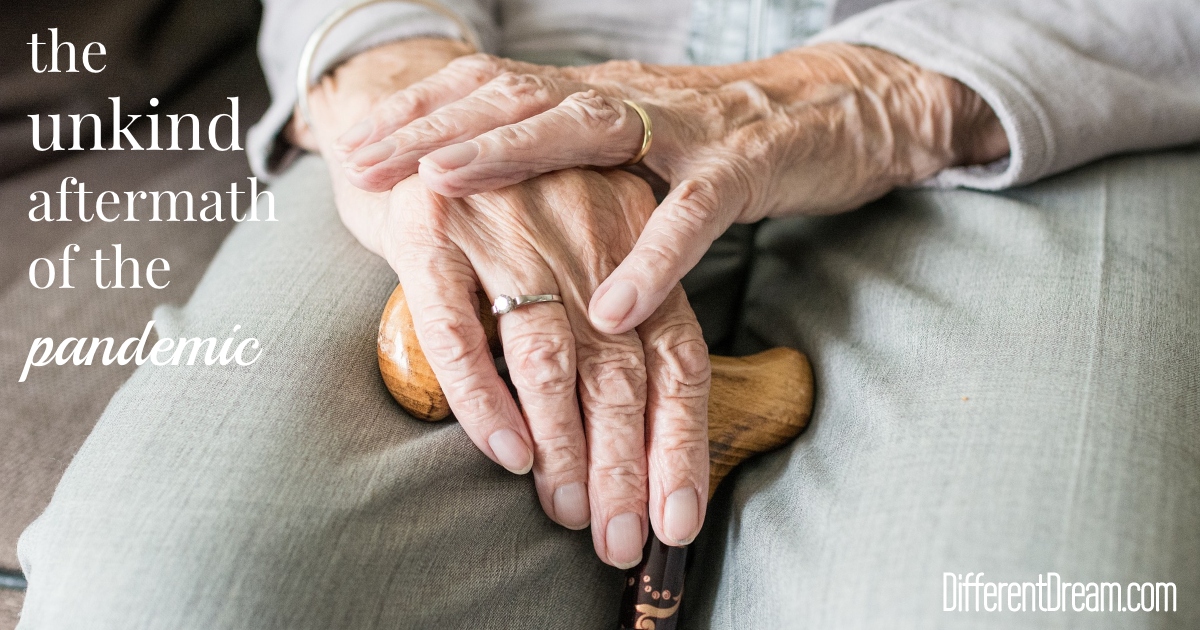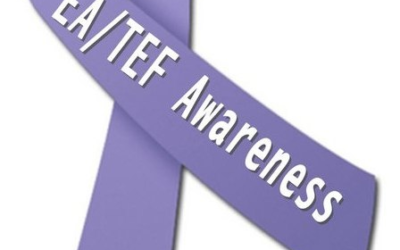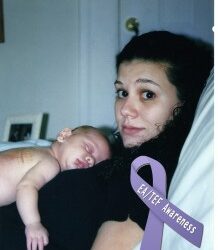The Unkind Aftermath of the Pandemic

The unkind aftermath of the pandemic has become increasingly obvious on a personal level even as Covid cases and deaths fall. So far the improved statistics have had little effect on the aftermath our family is dealing with as our mother’s health declines.
Mom is 92.
She’s lived in an assisted living memory care facility since 2015. She survived the pandemic without getting Covid. She endured a year without indoor visits from her family. She had no side effects from her vaccine. She was delighted when regular visits from her kids began in March of 2021. Soon after we began seeing the unkind aftermath of the pandemic as Mom’s health began to decline.
Let me be clear.
Mom’s health issues are most likely not related to the pandemic. However, the blame for the difficulty we’ve experienced while trying to address her increased care needs is definitely related to the unkind aftermath of the pandemic.
- Rapid staff turnover. Mom’s facility and many others can’t hold onto direct care staff and nurses. To solve the issue they rely on temp agencies to cover shifts. The care provided by temporary staff is often quite good, but they aren’t there long or often enough to get to know clients’ names, much less develop relationships.
- Poor communication. This rapid turnover results in poor communication. Calling to check on Mom’s status is hard when a direct care staff member doesn’t know who you’re talking about. When nurses leave, which happened where Mom lives just as her health issues began, there’s no one to do charting, no one to follow through on medication changes, no one who’s qualified to report to the doctor, and no one to assess care needs and update care plans. There’s also no one qualified to send a patient’s notes and records so other facilities can determine if someone qualifies for their level of care.
- Limited access. Elder care facilities aren’t embracing the no masks necessary indoors for vaccinated adults. Considering the death rate for Covid among the elderly, their caution is completely warranted. It also adds to the challenge of finding a new place for Mom to live. We rejected a facility right down the street because they only allow outdoor visits because Mom can’t do outdoor visits right now. Two facilities that do allow visits aren’t giving tours because the visits are limited to family members of residents. One facility allowed us to meet with the administrator in her office. At the other facility, we had to meet in the parking lot. We have to choose Mom’s new home sight unseen.
For those whose families are vaccinated and healthy, the unkind aftermath of the pandemic can be easy to ignore. For families caring for children with disabilities and special needs, for those who love adults with compromised health, and for those supporting the elderly through their last years, the aftermath continues to define and limit their lives.
Your kindness has the power to make a difference in those families.
Get vaccinated.
Wear a mask when around people who aren’t vaccinated.
Wash your hands.
Stay home when you’re sick.
The quality of Mom’s final years depends upon your small and significant acts of kindness.
Please.
Be kind.
For Mom’s sake.
Please.
By Jolene
Jolene Philo is the author of the Different Dream series for parents of kids with special needs. She speaks at parenting and special needs conferences around the country. She’s also the creator and host of the Different Dream website. Sharing Love Abundantly With Special Needs Families: The 5 Love Languages® for Parents Raising Children with Disabilities, which she co-authored with Dr. Gary Chapman, was released in August of 2019 and is available at local bookstores, their bookstore website, and at Amazon.
Subscribe for Updates from Jolene
Related Posts
Why Kristi Yamaguchi Still Gets the Gold
Did you know Kristi Yamaguchi has written a book for kids with special needs? That’s why she gets the gold in my book any day.
You Might Be the Parent of a Child with EA TEF If… (Part 2)
Christine Lester is back with the second part of her series about what it means to be the parent of a child with EA TEF.
You Might Be a Parent of an EA TEF Child If… (Part 1)
EA TEF is a rare condition that affects 1 in every 3000-4000 children. EA TEF mom Christine Lester shares 15 traits common to parents of EA TEF kids.






0 Comments